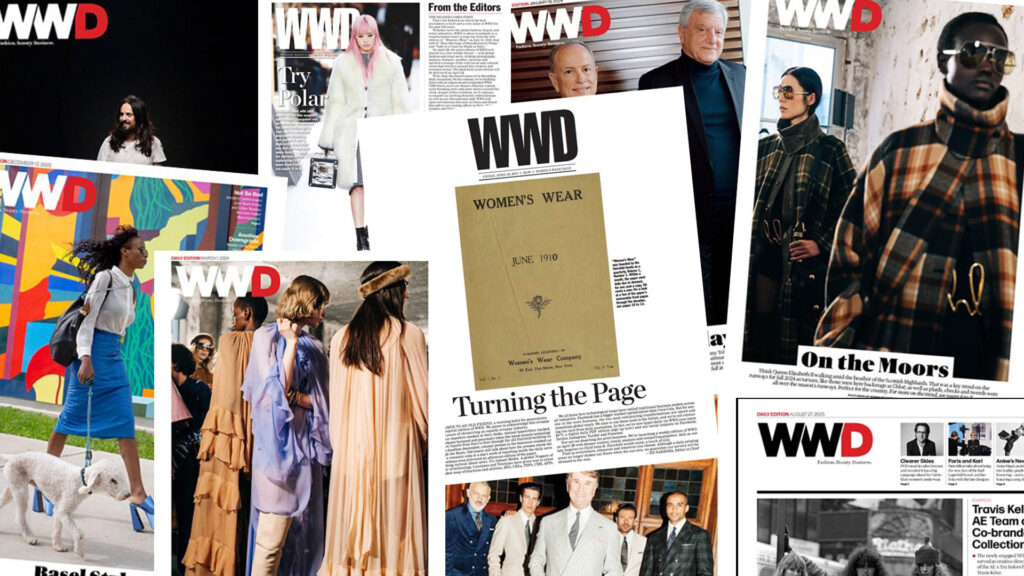This article is part of TFL’s newest vertical, TL/DR, where we cover the newest cases and latest developments in 500 words or less.
Shein is facing fresh legal scrutiny over its business practices, as Brandy Melville’s U.S. intellectual property holding company, Bastiat USA, Inc., filed a new lawsuit alleging widespread copyright infringement and unfair competition. The complaint, lodged on June 23 in the U.S. District Court for the Central District of California, accuses Shein and its affiliates of intentionally copying Brandy Melville’s copyright-protected designs, product photos, and product listings to mislead consumers and profit from the brand’s popularity.
According to the complaint, Shein is mimicking Brandy Melville clothing styles and using the brand’s original product photos without authorization to advertise and sell those imitation products on its website and app. This has created consumer confusion, the millennial and Gen-Z-favored brand argues, with customers believing they are buying genuine Brandy Melville pieces – only to receive Shein-made knockoffs.
> “Shein did not simply copy a single design. It copied multiple Brandy Melville product designs and then displayed authentic Brandy Melville products and photographs on the Shein website,” Brandy Melville asserts, claiming that Shein is engaging in a broader “bait-and-switch” scheme aimed at Brandy Melville’s core demographic

Brandy Melville further claims that Shein has profited directly from its alleged infringement through sales of its own goods, as well as through third-party sales on the two-year-old Shein Marketplace. The marketplace allows third-party vendors to sell branded goods, with Shein taking a 10% commission on all marketplace sales, per Melville, thereby, creating strong incentives for Shein to promote popular listings, including those for infringing goods. And while Shein touts the expansion of its third-party model as a growth opportunity for brands, Brandy Melville asserts that the marketplace has had “expected consequences,” as it is “littered with gray market goods.”
Brandy Melville sets out claims of direct, contributory, and vicarious copyright infringement, false designation of origin, and unfair competition, and is seeking damages and injunctive relief.
THE BIGGER PICTURE: The case marks the latest in a growing list of legal challenges against Shein, which critics claim relies on scraping trend data and producing designs at breakneck speed, often without regard for intellectual property rights. As Shein eyes a potential IPO and accelerates its international expansion, the Brandy Melville lawsuit adds to mounting concerns over how online marketplaces blur the lines between platforms and sellers – and who bears responsibility when IP is infringed.
The case is Bastiat USA, Inc. v. Shein Distribution Corp. et al., 2:25-cv-05701 (C.D. Cal.).














